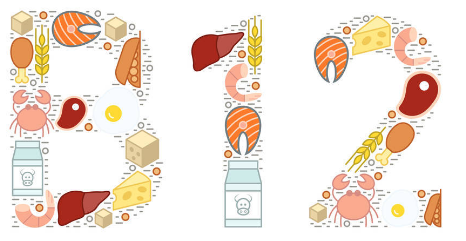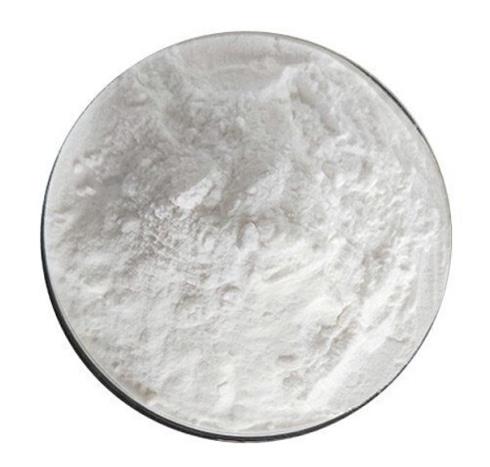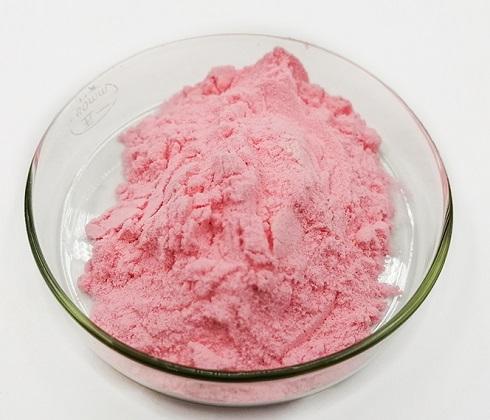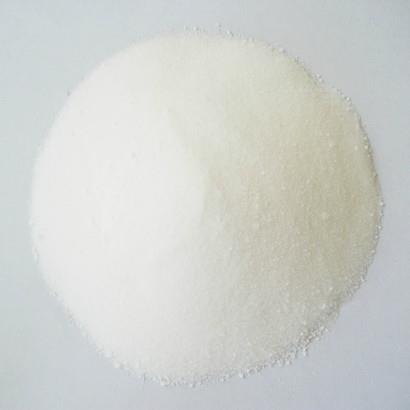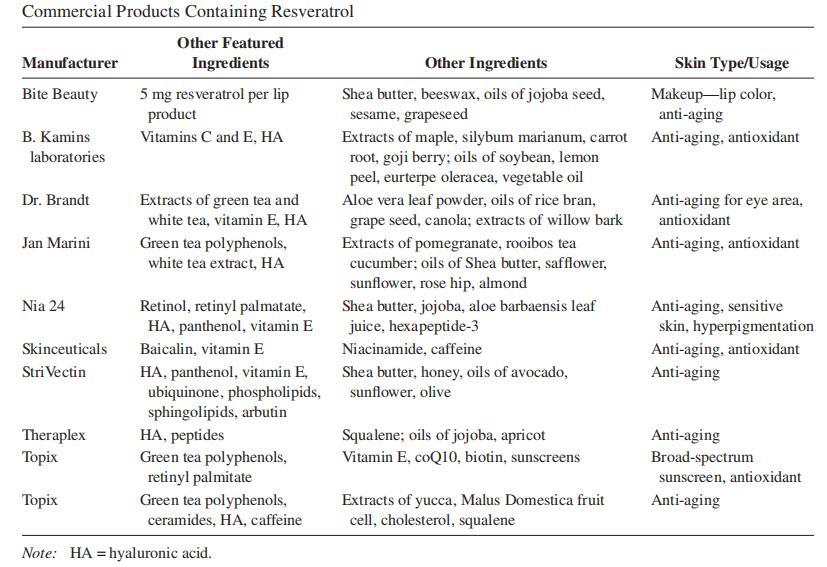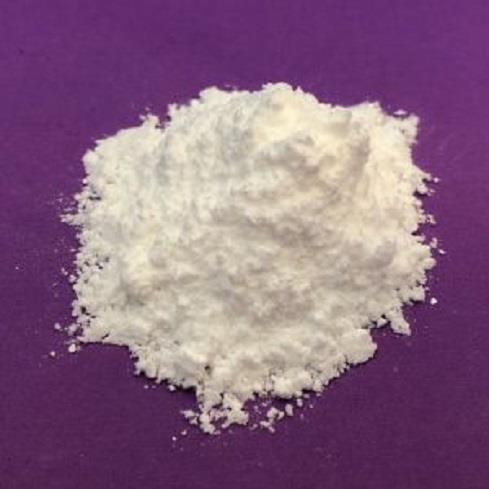The importance of vitamin B12 in maintaining health
Vitamin B12, also known as cobalamin, is the only vitamin that contains metal elements.
Mar 8,2022 APIApplications of Lysozyme
Lysozyme, a muraminidase recovered from egg white albumin, milk, and other tissues, is best known for its ability to inhibit fermentative butyric acid bacteria responsible for late blowing during ripe
Mar 7,2022 Biochemical EngineeringUses of Lactoferrin
Lactoferrin, a transferrin protein that binds free iron (Fe2+ ) and possesses antioxidant, antifungal, antibacterial and antiviral properties, is most commonly recovered from the whey protein fraction
Mar 7,2022 Amino Acids and ProteinsUses of Nisin
Nisin was less effective in high-fat sausages and in the presence of orthophosphates. Samelis et al found that dipping sliced pork bologna in nisin (125 μg/ml) plus sodium diacetate (3 μg/ml) was more
Mar 7,2022 Biochemical EngineeringMechanism of GdL
For many manufacturers of undried or semidry sausages, Glucono-delta-Lactone(GdL) is the preferred acidulant. It is applied as a crystalline powder that is freely soluble in water, where it hydrolyzes
Mar 7,2022 Biochemical EngineeringApplication of Microcrystalline cellulose
Microcrystalline cellulose (MCC) is mainly composed of β- 1,4-glucoside bonded linear polysaccharide [1] is a white, odorless and tasteless crystalline powder composed of free flowing short rod or pow
Mar 7,2022 Food AdditivesImpact of Rhodiola rosea on Skin
Rhodiola rosea (R. rosea) belongs to the plant family of Crassulaceae and grows primarily in high altitudes in the mountainous arctic areas of Tibet, Russia, China, and India.
Mar 6,2022 Plant extractsMechanism of Action of Resveratrol in Skin Barrier Repair
The ability of any topical cosmeceutical to permeate the skin barrier is essential to its ability to reach actively metabolic cells and affect their processes.
Mar 6,2022 Plant extractsTopical Resveratrol used in Cosmetics
Resveratrol has recently become popular as a component of topical cosmeceuticals for its anti-aging properties and other benefits. It has a wide range of effects on the skin.
Mar 6,2022 Plant extractsFunctions of N-acetyl glucosamine
N-acetyl glucosamine (NAG) is a newer pigment reduction agent. It is an amino-monosaccharide produced in the body by adding an amino group to glucose.
Mar 4,2022 Biochemical Engineering



